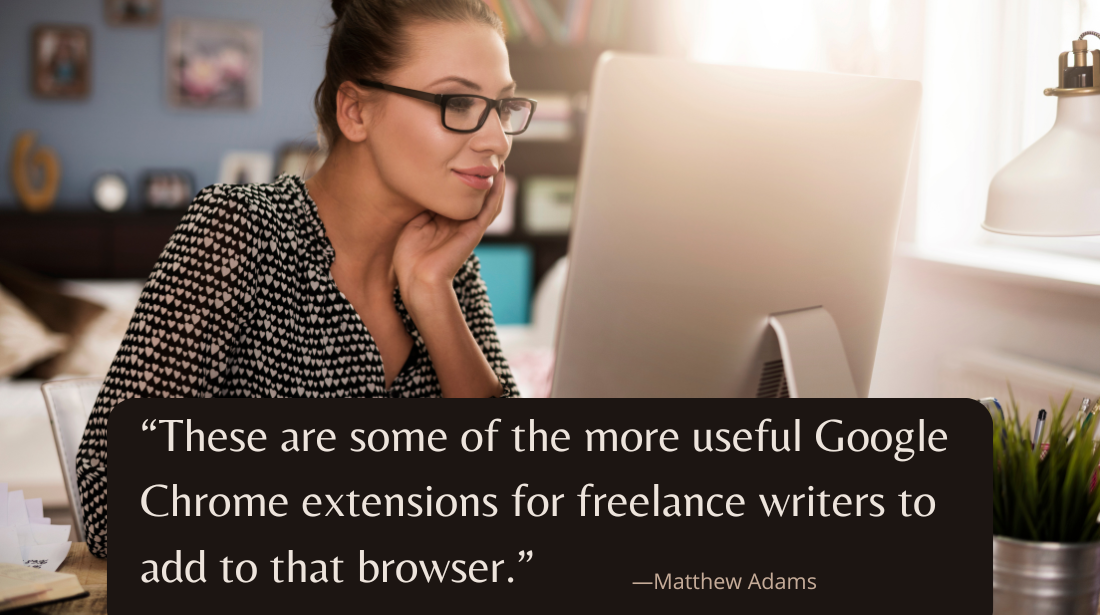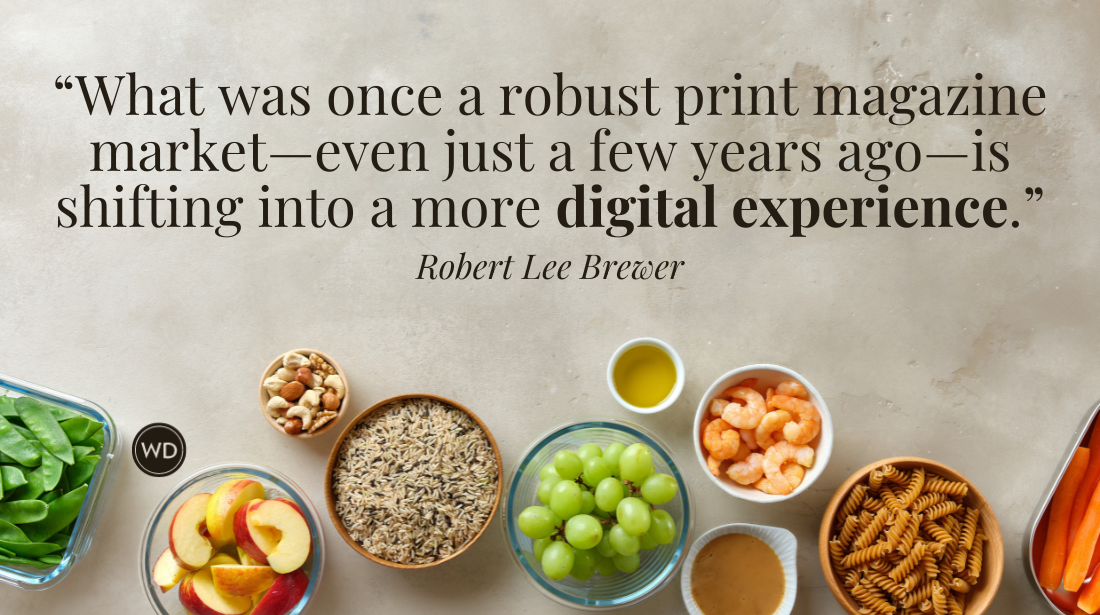Why Start a Website or Blog If You Have Nothing to Promote?
I feel like there’s a debate heating up between the group who believes it’s never too early to develop an online presence (that’s me) and the group who believes it’s…
I feel like there's a debate heating up between the group who believes it's never too early to develop an online presence (that's me) and the group who believes it's necessary to focus on the WORK first, and not be distracted by online media—especially when you don't have a specific message or product to promote yet.
Here are a few points I will concede:
- Blogging about your writing process or various personal peccadilloes is not likely to lead to publication, or garner you an audience large enough to impress an agent or publisher.
- Sometimes launching an unprofessional or unfocused blog/site can be more harmful if professionals view it and are turned off.
- Online media can divert your attention/focus from WRITING your work-in-progress and READING in your genre, which are the two most important ways to advance your craft.
- Getting your work critiqued online in a community setting is helpful only insofar as you trust and respect your critiquers—who ought to have insight into your genre, your goals, and what it will take to get published.
The 2 most important questions that are raised whenever I recommend people launch an online presence:
- What do I write/blog about, or what do I put on my site?
- How will this help me get published?
What do you put on your site or blog when you have no book?
Here's a starter list of ideas. Keep in mind you don't have to blog. A site can work as a business card until you have a need or an idea to add more content/interactivity.
- Do not write about the writing & publishing process, unless you have some very unique insights, or a very unusual spin/voice.
- Unless you are the most boring person on earth, you have passions and interests that aren't tied to writing & publishing. These things might be witnessed in your written work (maybe you have a fascination with a historical period), or they might be complementary life pursuits to your writing (e.g., librarian or teacher). What perspective or insight can you offer related to these things?
- What do you know about, intimately, that no one else does (that you can still write about!)?
- What do people compliment you on constantly?
- What types of media/materials/books are you always reading? Are there observations you can share? Snippets from your consumption?
- Would it be appropriate to review books?
- How about interviewing people who interest you?
- Is there content/media you can curate?
Writers are usually curious and observant people by nature. Use that to guide you.
How will this help you get published?
It will probably not help most of you in the least. (It can very helpful and essential for information-based nonfiction writers, though.)
So why do it? Here are 5 excellent reasons to have a site or a blog when it's not directly leading to publication:
- You need a starting block. You don't want to start thinking about a site/blog the moment you need one. There's a learning curve. Wouldn't it be much better to have familiarity with site or blog building tools, to already have a structure in place, to already have a knowledge base? These things take time to learn, grow and improve. By the time you DO get published, your site will be far more refined and sophisticated if you've been tinkering and improving over a number of years.
- You need to develop an understanding of online interaction. Once you have a site/blog, you can start experimenting in ways you couldn't before. You can comment on other blogs and link back to your own site, you can make mentions of it on Facebook and Twitter. You can add it to business cards, talk about it at events, etc. And you can watch how visits are affected or not. It gives you a baseline to work from when you REALLY want your site to accomplish something. Wouldn't it be great if, in the early stages, there wasn't pressure for the site to perform or grow?
- You will start thinking of opportunities you didn't before. Once you have an online site/blog, you'll notice that ideas and plans for it will emerge even if you're not focusing on it. You have a more empowered and creative stance; you're more open to possibilities for it because it already exists.
- You will develop the seeds of your audience (if not the core of one). Developing your readership and having direct interaction with those readers is critical to every writer's career. (See more here.)
- You will develop relationships with other writers and professionals that help you over the long-term. Ever since I became active on blogs and social networks, I've been opened up to more opportunities and relationships than at any other time in my career. The democracy of online interaction means that a smart, insightful comment/article, or a charitable gesture, can help you make an impact on all kinds of people/publications.
UPDATE: To further prove the point, see Gretchen Rubin's advice over at Digital Book World: "Start early."
Keep in mind that when your book/product DOES get published or
released, that shouldn't significantly change what's on your blog/site.
You don't flip a switch and become a hard-selling machine. You're
developing a strategy for the long haul; you're developing a relationship
with an audience that sustains your career. That's why it makes little sense to wait to develop a site/blog until you feel you're "ready" with a book deal or launch.
Don't let the bad eggs determine your path forward
There are many writers who go to extremes in online marketing/promotion (whether or not they have a book), and they drive people away. Such writers can be obnoxious, intrusive, and ultimately destructive.
Just because they set a bad example doesn't mean that you should follow in their footsteps. Go online with the mindset that you're taking steps to share something, not force something on people.
Don't let the people who do something badly be the argument for not
doing it.
So: What are your ideas for blogging, especially when you're a fiction writer? What do you see established authors writing/doing online that you like? What do you do that is successful?
Also: Related upcoming online seminars:
- Using Twitter to Boost Your Writing Income (May 14)
- How to Podcast Your Fiction (June 24)
Jane Friedman is a full-time entrepreneur (since 2014) and has 20 years of experience in the publishing industry. She is the co-founder of The Hot Sheet, the essential publishing industry newsletter for authors, and is the former publisher of Writer’s Digest. In addition to being a columnist with Publishers Weekly and a professor with The Great Courses, Jane maintains an award-winning blog for writers at JaneFriedman.com. Jane’s newest book is The Business of Being a Writer (University of Chicago Press, 2018).








